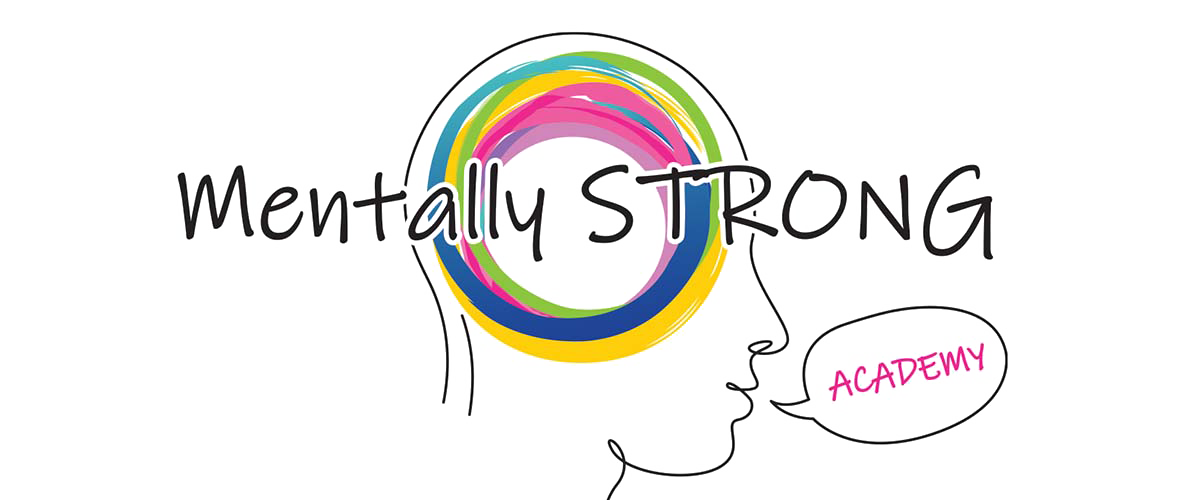Is Ketamine for Depression Safe?
Cristi Bundukamara, Ed.D, PMHNP, is a psychiatric nurse practitioner with over 20 years of clinical experience and the owner and director of the Mentally STRONG Clinic in Colorado Springs. The clinic has been offering clients ketamine treatments for depression for three years. Dr. Bundukamara (Dr. B) offers her expertise and experience on whether ketamine is both physically and emotionally safe.
Types of Ketamine Treatment
The Mentally STRONG Clinic offers ketamine and Esketamine® treatments for refractory or treatment-resistant depression and suicidality. Spravato, the maker of Esketamine®, recently received FDA approval for the treatment of suicidality, or depression with self-harm and major depressive disorder. This treatment is potentially the quickest way to draw someone out of a depressive episode. Esketamine®, a nasal spray, delivers ketamine to the brain via the nasal cavities.
Another form of treatment is intramuscular (IM) ketamine and also intravenous (IV) ketamine. The Mentally STRONG Clinic offers IM ketamine in addition to the nasal spray, Esketamine®. Neurobiological science is the same no matter the delivery system of ketamine. Still, there is a variance in how each is metabolized, which can have an effect on each person’s experience. In other words, a client who has taken Esketamine® before may have a very different experience when receiving IM ketamine or IV ketamine.
This leads back to the initial question of whether ketamine treatments are emotionally and physically safe.
Is Ketamine Physically Safe?
Dr. B first administered ketamine as a 17-year-old medic in the Army, stationed in a Korean emergency room. Ketamine was used primarily for aggressive pain management, emergency sedation, and prior to minor surgical interventions. She felt safe administering ketamine because it has been shown to be safe for the respiratory system, whereas other pain medications and sedatives are not. Typically pain medications can decrease a person’s respiratory drive, decreasing their respiratory rate, which could lead to them not breathing. Ketamine does not depress the respiratory drive and is safe for people even if they fall asleep or disassociate (disconnect from their thoughts, feelings, etc.).
Nausea is the one side effect that has been noted in approximately 2-5% of clients in the clinic. This can vary from mild nausea, in which it is recommended to not eat before treatment, and severe nausea, which causes the client to vomit. On one occasion, a client had to be transported to the hospital due to hyperemesis, where they could not stop vomiting. While ketamine is safe for the respiratory system, it may cause significant nausea.
The short-term effects on the brain show that it is extremely effective at lifting people out of a depressive episode, but the long-term effects of continued use are still unknown. While for some clients, this can be a short-term treatment with long-term effects, there is a subset that requires maintenance treatments. Typically, clients start with eight treatments in their first month, four in their second, and then they are monitored and observed to ensure sustained effects. About half of all clients may require weekly or twice-weekly maintenance treatments. There are no studies on the long-term use of ketamine on the brain through sustained use, so side effects are unknown. Therefore, it is important to treat conservatively and work to wean the client off ketamine after a short period.
Is Ketamine Emotionally Safe?
Understanding all of the risks and side effects of medication is important before deciding on a treatment. In this case, ketamine is safe for the respiratory system and for the brain in the short term. But what about emotional reactions or side effects from ketamine treatments?
One of the intended effects of ketamine is to allow the client to disassociate (disconnect from thoughts, feelings, even a sense of self, and possibly reality), which is helpful in treating depression. Some clients who have managed their emotions and hardships by not feeling and just pushing through can find this process difficult. The treatment opens them up to repressed thoughts and emotions, creating an intense experience. It is important to understand this before treatment and be emotionally and mentally prepared prior to treatment, setting your intention for that session prior to induction. Our counselors at the Mentally STRONG Clinic help explain this process and prepare for treatment.
Ketamine and the Mentally STRONG Method
Understanding your own emotional processes is an important part of the process – ketamine is not a treatment in and of itself for depression, but part of a multi-pronged approach that includes counseling and self-work. Part of this is working through the Mentally STRONG Method, which you can learn through counseling or also through our eight-hour, one-day course called Healing Through the Mentally STRONG Method – which is the equivalent of 20+ hours of therapy.
Through working the Mentally STRONG Method, a client can think through their issues, organize those issues, discern any patterns, and learn to make different choices. Knowing your thought processes and emotional patterns is key in ketamine treatment, setting an intention to work on one issue or pattern in a session, and knowing what powerful emotions may come to the surface.
Is Ketamine Treatment for Me?
This can be a life-changing treatment, especially for those with treatment-resistant depression and suicidality. As with any treatment, it is important to understand that while ketamine is generally physically and emotionally safe, everyone is different. It is best to be informed before starting treatment to gain the most out of it. Mentally STRONG and Dr. B want you to be empowered to make the best choice for your mental health. Schedule an appointment at our clinic today to discuss your situation with a therapist and start the road to being Mentally STRONG.


